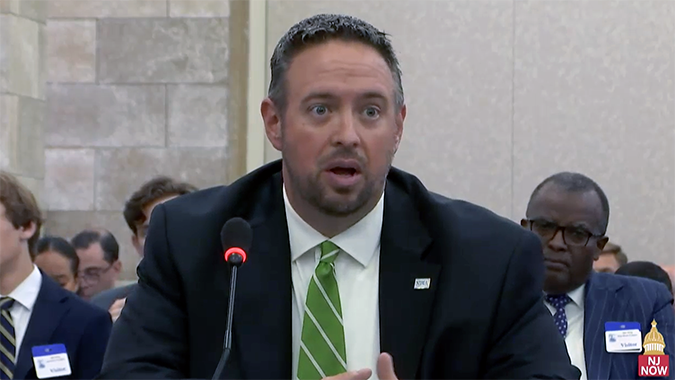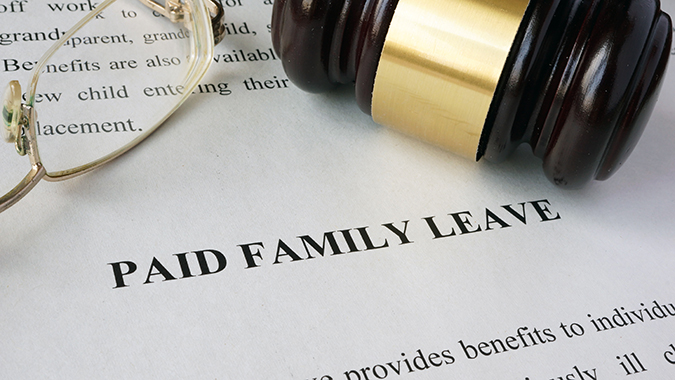NJBIA applauded the Senate Budget and Appropriations Committee for unanimously advancing a bill Monday that will provide tax credits to small businesses slammed by nearly $1 billion in unemployment tax increases.
NJBIA Vice President of Government Affairs Christopher Emigholz, who provided both written and oral testimony to the committee, said urgency is needed to get the bill A-3683/A-2152 (Freiman, D-16; Greenwald, D-6) / S-2378/S-733 (Gopal, D-11; Madden, D-4) through the full Senate and to Gov. Phil Murphy’s desk by June 30.
“We thank the SBA committee for moving this legislation, which is a critical step to bring some much-needed affordability to small business through tax credits,” Emigholz said. “Our surviving small businesses are subject to another huge tax increase on July 1 if this bill is not signed into law.
“New Jersey small businesses did not create the situation that led to the depletion of the state’s UI fund and this tax enormous tax increase on jobs. They should not be forced to wholly bear the $1 billion brunt of the longest pandemic shutdown in the nation. This bill offers a fair and smart compromise.”
The Assembly version of the bill (A-3683/A-2152 - Freiman, D-16; Greenwald, D-6) passed the Assembly unanimously earlier this month.
The legislation would result in meaningful relief to small businesses with a tax credit intended to partially offset UI payroll tax increases necessitated by the record pandemic unemployment that followed state-ordered shutdowns of many types of businesses.
Additionally, the bill requires the state to pay off a federal loan UI loan. If that loan is not paid by November, the state will incur another $75 million federal tax increase on top of the scheduled state UI increases.
“Paying off that loan will both stop wasting millions of New Jersey taxpayer dollars on unnecessary interest and will prevent an unnecessary tax increase,” Emigholz said. “This is a fiscally responsible move to make while the state has a revenue surplus.”
Another important provision in the legislation would protect businesses from being blindsided by retroactive UI tax increases. It requires the state Department of Labor and Workforce Development to provide 30 days’ notice to employers of pending increase to the payroll tax.
Last year, employers were retroactively notified their UI tax rate had gone up – weeks after the higher tax rate had taken effect.
Passage of the legislation is also important to the state’s economic recovery, Emigholz said.
“UI payroll taxes are a tax on jobs and impacts New Jersey’s economic growth,” Emigholz said. “If you are a business that employs someone, you pay this tax and you pay any increases in this tax regardless of whether you lost income.
“It is NOT a tax on income or property or corporate profit or wealth, but a tax on the mere existence of a job. We can – and should - do better than that for New Jersey small businesses.”




